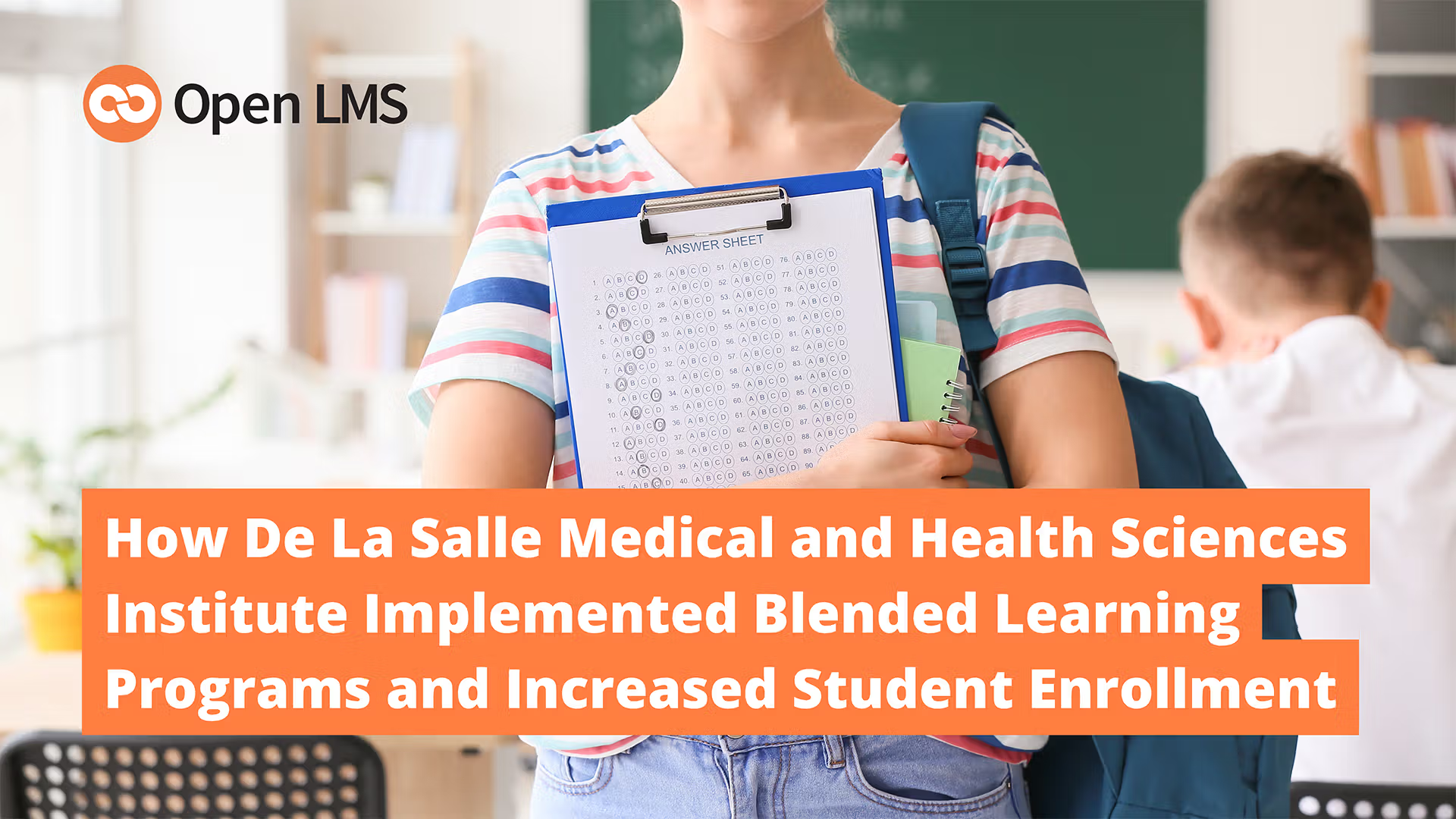
How UCOL Enhanced Network Stability and Improved Support With Open LMS
Learn how Universal College of Learning UCOL in New Zealand was able to improve its network stability and gain more support for its staff with Open LMS.
Learn how Universal College of Learning UCOL in New Zealand was able to improve its network stability and gain more support for its staff with Open LMS.
In a video testimonial, the Business Systems Lead for Learning and Teaching at the Royal College of Art discusses how Open LMS supports digital learning.
Learn how San Beda College Alabang in the Philippines was able to seamlessly pivot from in-person to virtual teaching and learning, saving educators time.
Explore how Northern Marianas College overcame multiple natural disasters and a pandemic with Open LMS, transforming challenges into opportunities for growth.
Learn how ACOD enhanced specialized training with Open LMS, boosting student satisfaction, simplifying navigation, and improving learning outcomes.
RSPCA NSW scaled training by 600% with Open LMS, delivering accessible, tailored learning to staff and volunteers across vast regions. Discover their journey!
Discover how Efecty reinvented its corporate university with Open LMS, improving efficiency, satisfaction, and expanding its international reach.
Discover how Smart Osvita, with help from Open LMS, supports education and learning for Ukrainian students displaced by the Russia-Ukraine war.
Learn why De La Salle Medical and Health Sciences Institute chose Open LMS as its first learning management system to implement blended learning programs.







